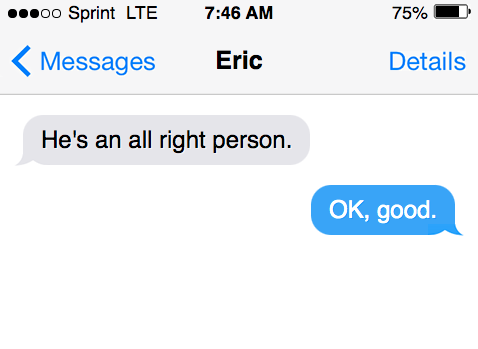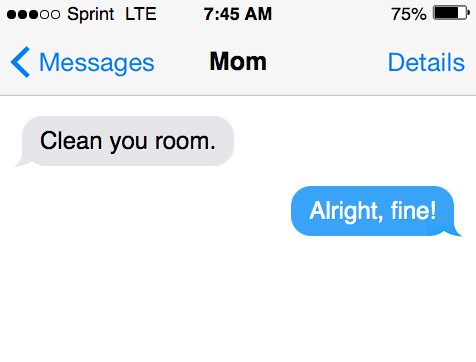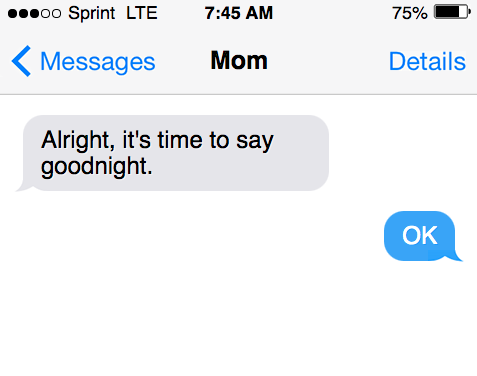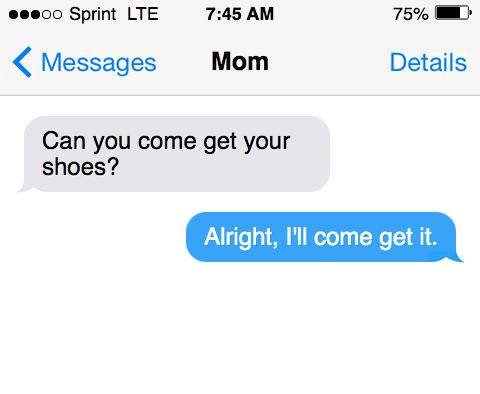Is it allright or alright?Which is the correct spelling of this extremely common word? Is “all right” two words, or one word? How does a person write alright vs. all right?
Perhaps one of the most commonly confused words in the English language, keep reading to learn the difference, find out which is the right word, and how to use the phrase correctly.
All right vs alright: which is correct?
Answer: In American English, the two-word phrase, all right, is correct.
While the two versions share essentially the same meanings, most writers, dictionaries, and style guides consider ‘all right’ to be the real word, with correct spelling and grammar for the expression.

The single word, ‘alright’ is informal, and some view the one-word spelling to be entirely incorrect and illegitimate.
That said, ‘alright,’ is extremely common, and often used in informal writing such as text messages and in-person conversation or speech. Many writers use alright in fiction writing, songwriting, and blogs.
What’s the difference between alright and all right?
The word ‘alright‘ is an adjective or adverb that combines the words, all and right, into its single, tighter version: Alright.
The two word spelling, ‘all right,’ is also an adjective and adverb; and, depending on the context in which it’s used, all right can also be an exclamation or interjection.

The difference between the two spellings concerns the context in which they’re written.
The confusion between the various forms likely has something to do with other extremely common words in English. For example: altogether, almost, always.
What’s the meaning of alright and all right?
Merriam Webster defines the adjectival version of “all right,” to mean, “satisfactory or agreeable.” (Merriam-Webster)
Based on context, it can also mean ‘safe or well.’ Informally, the word all right can mean ‘good, or pleasing,’ as in, “He’s an all right guy.” (Merriam-Webster)
Examples of all right and alright in a sentence
Take a look at the following sentences that use alright and all right as adjectives in sentences:
- While the cabin cannot be said to be in good condition, it was alright for the night.
- She was having a rough time earlier, but fortunately, she’s all right now.
- I wasn’t alright yesterday. I’m much better today.
- How are you feeling, alright?
- The car might make funny sounds, but for the most part, it’s doing alright.
Examples of all right as an interjection:
Interjections typically lack grammatical connection to the other parts of a sentence and often express feeling rather than meaning or information.
As an interjection, alright and all right is used as an affirmative statement to indicate agreement.
See the following examples of alright used in a sentence as an interjection:
- Alright, well, it’s time to say good night.
- Ok, alright, I get it.
- Alright, fine, I’ll clean my room!
When to use alright vs. all right?
For formal writing, such as business correspondence, legal documents, academic, and essay writing, it’s best to stick to the acceptable form, all right.
If an English teacher tries to disagree with this spelling, just quote the style guides above and teach them what’s right.

What do dictionaries and style guides say?
Most style guides and dictionaries concede the correct term is the two-word choice, all right.
The Chicago Manual of Style says, “Dictionaries and style manuals still tend to indicate that alright is less legitimate than all right.”
Garner’s Modern American Usage suggests avoiding the use of alright by explaining the single word was never the standard form for American English.
Fowler’s Dictionary, in its 1926 usage, says that while the single word ‘alright,’ is “often seen,” “the words should always be written separately.” (Fowlers, 1926)
The Oxford English Dictionary recognizes that the one-word spelling is gaining popularity and becoming increasingly common in British English.
The respected and veritable OED (Oxford English Dictionary), also says, with respect to alright, ‘no very cogent reasons are presented for its being considered wrong.’ The OED concludes that alright has become ‘clearly standard in general prose.’

Synonyms for all right
Words that share similar meanings to alright and all right:
Alternative versions to write ‘all right’ or ‘alright’ as an interjection or exclamation:
- Ok or okay
- Alrighty
- Okie-doke
- Fine
- Good
- Sounds good
Synonyms for alright and all right as an adjective:
- Agreeable
- Copacetic
- Fine
- Palatable
- Satisfactory
- Okay
- OK
Antonyms for all right
Words that hold the opposite meaning of the words alright and all right:
- Unsatisfactory
- Disappointing
- Dissatisfying
- Undesirable
- Disagreeable
- Displeasing
- Not all right
- Poor
- Bad
- Not good
- Lacking
The origin of alright and all right
The first known use of the expression ‘all right,’ in the English language was seen in Mark Twain’s short story, “The Celebrated Jumping Frog of Calaveras County,” published in 1865.
James Joyce, who penned the all-time epic, Ulysses, included the shortened version of all right, ‘alright,’ once in the epic poem.
All comes from the Old English word eall, and the Middle English al, meaning, “every, entire the whole quantity of.”
Even in Old English, it was common to form compound words using ‘all,’ (as an example see, eall-haligmeaning ‘all-holy’).
Right derives from the Germanic, Old English and Latin, meaning either “straight, correct, and/or morally correct).
Lesson in review
While there is debate about which is correct, the consensus appears that the way to write the term is the two-word version, all right.
In formal writing, it’s best practice to avoid using alright, and stick to the conventional spelling.
For informal writing, the single word is acceptable.
Sources
- Chicago Manual on all right vs. alright: chicagomanualofstyle.org
- Definition of all right: Merriam-Webster
- A Dictionary of Modern English Usage by Henry Watson Fowler
Inside this article
Fact checked:
Content is rigorously reviewed by a team of qualified and experienced fact checkers. Fact checkers review articles for factual accuracy, relevance, and timeliness. Learn more.
Core lessons
Glossary
- Abstract Noun
- Accusative Case
- Anecdote
- Antonym
- Active Sentence
- Adverb
- Adjective
- Allegory
- Alliteration
- Adjective Clause
- Adjective Phrase
- Ampersand
- Anastrophe
- Adverbial Clause
- Appositive Phrase
- Clause
- Compound Adjective
- Complex Sentence
- Compound Words
- Compound Predicate
- Common Noun
- Comparative Adjective
- Comparative and Superlative
- Compound Noun
- Compound Subject
- Compound Sentence
- Copular Verb
- Collective Noun
- Colloquialism
- Conciseness
- Consonance
- Conditional
- Concrete Noun
- Conjunction
- Conjugation
- Conditional Sentence
- Comma Splice
- Correlative Conjunction
- Coordinating Conjunction
- Coordinate Adjective
- Cumulative Adjective
- Dative Case
- Determiner
- Declarative Sentence
- Declarative Statement
- Direct Object Pronoun
- Direct Object
- Diction
- Diphthong
- Dangling Modifier
- Demonstrative Pronoun
- Demonstrative Adjective
- Direct Characterization
- Definite Article
- Doublespeak
- False Dilemma Fallacy
- Future Perfect Progressive
- Future Simple
- Future Perfect Continuous
- Future Perfect
- First Conditional
- Irregular Adjective
- Irregular Verb
- Imperative Sentence
- Indefinite Article
- Intransitive Verb
- Introductory Phrase
- Indefinite Pronoun
- Indirect Characterization
- Interrogative Sentence
- Intensive Pronoun
- Inanimate Object
- Indefinite Tense
- Infinitive Phrase
- Interjection
- Intensifier
- Infinitive
- Indicative Mood
- Participle
- Parallelism
- Prepositional Phrase
- Past Simple Tense
- Past Continuous Tense
- Past Perfect Tense
- Past Progressive Tense
- Present Simple Tense
- Present Perfect Tense
- Personal Pronoun
- Personification
- Persuasive Writing
- Parallel Structure
- Phrasal Verb
- Predicate Adjective
- Predicate Nominative
- Phonetic Language
- Plural Noun
- Punctuation
- Punctuation Marks
- Preposition
- Preposition of Place
- Parts of Speech
- Possessive Adjective
- Possessive Determiner
- Possessive Case
- Possessive Noun
- Proper Adjective
- Proper Noun
- Present Participle
- Prefix
- Predicate



